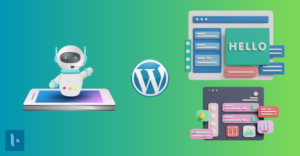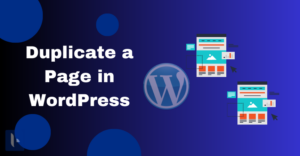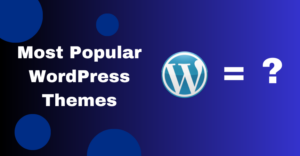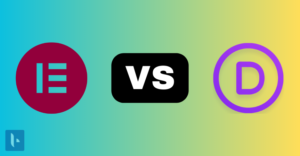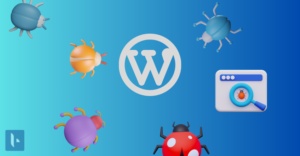Blogging: Blogger vs. WordPress
In the fast-paced digital age, the power of Blogging has become an indispensable tool for individuals and businesses to share their thoughts, ideas, and creations with the world. Among the myriad of blogging platforms available, two giants stand out: Blogger and WordPress. Each platform boasts its unique set of features, benefits, and drawbacks. If you’re torn between the two, worry not! This blog post will delve into the depths of both Blogger and WordPress, helping you make an informed decision on which platform suits your needs best.
The Battle of Ease and Simplicity
For those just dipping their toes into the blogging waters, ease of use is of paramount importance. Blogger, owned by Google, excels in this department. Its user-friendly interface is a breeze to navigate, making it a perfect choice for beginners. Creating and customizing your blog is a straightforward process, requiring minimal technical know-how.
On the other hand, WordPress offers a bit more complexity but also more power. WordPress comes in two flavors: WordPress.com and WordPress.org. WordPress.com offers a more streamlined experience, similar to Blogger, where hosting and maintenance are taken care of for you. WordPress.org, often referred to as “self-hosted,” grants you full control over your blog, allowing for extensive customization and the use of third-party plugins.

Design and Customization
When it comes to design, both platforms offer a range of templates and themes to personalize your blog’s appearance. Blogger offers a decent selection of templates, but its customization options are relatively limited compared to WordPress. On the other hand, WordPress shines in the realm of customization. With thousands of themes and plugins available, you can transform your blog into a unique masterpiece.
SEO Friendliness
Search Engine Optimization (SEO) is the holy grail for bloggers aiming to increase their visibility on search engines like Google. Both Blogger and WordPress have their strengths in this arena.
Blogger, being a Google product, seamlessly integrates with other Google services, potentially giving you a slight edge in terms of SEO visibility. However, its customization options for optimizing your blog’s SEO are relatively basic.
WordPress, particularly the self-hosted version (WordPress.org), offers a plethora of SEO plugins and tools that can help you fine-tune your blog’s SEO strategy. Yoast SEO, for instance, is a popular plugin that provides comprehensive guidance on optimizing your content for search engines.
Community and Support
A robust community and reliable support are essential for any blogging platform. Blogger, while relatively user-friendly, lacks the extensive community and support that WordPress enjoys. WordPress has a massive user base, an active community forum, and an abundance of tutorials and guides to assist you in troubleshooting issues and mastering the platform.
Monetization and Ownership
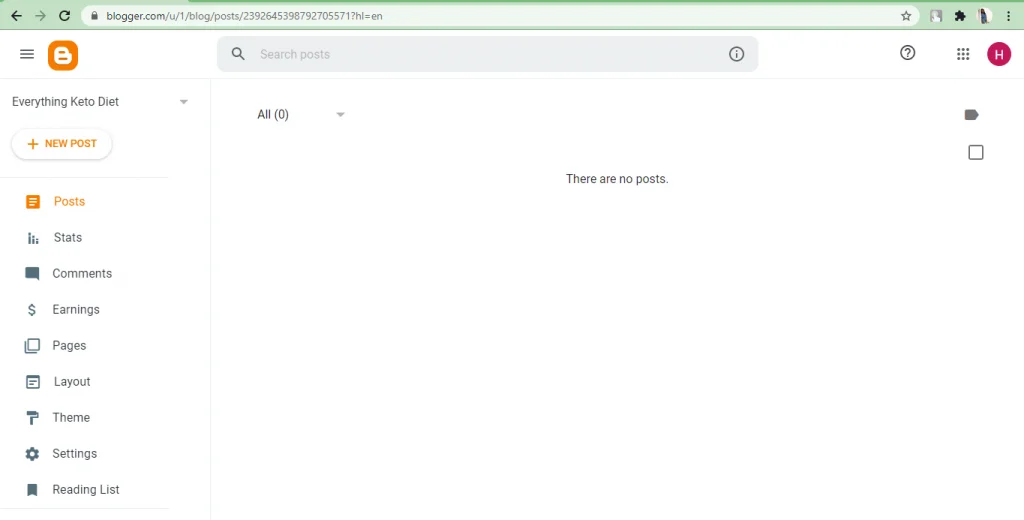
For bloggers looking to turn their passion into profit, monetization capabilities are crucial. Blogger offers a simple way to integrate Google AdSense, allowing you to earn money through ads placed on your blog. However, it’s worth noting that Blogger is a Google-owned platform, and your blog’s ownership is tied to your Google account.
WordPress, particularly the self-hosted version, grants you full ownership and control over your blog’s content and monetization strategies. You have the flexibility to choose from various ad networks, affiliate marketing programs, and e-commerce solutions.
Mobile Friendliness
In an era dominated by mobile devices, having a mobile-friendly blog is non-negotiable. Both Blogger and WordPress offer responsive templates, ensuring your blog looks and functions seamlessly on various screen sizes.
The Verdict
Ultimately, the choice between Blogger and WordPress depends on your specific needs and goals. If you’re a beginner seeking a hassle-free experience and are content with limited customization, Blogger could be your ideal choice. On the other hand, if you’re looking for greater flexibility, customization options, and the potential to monetize your blog in diverse ways, WordPress, especially the self-hosted version, might be the better fit.
In the Blogger vs. WordPress showdown, there’s no definitive winner. Both platforms have their strengths and weaknesses, catering to different levels of expertise and blogging ambitions. It’s important to assess your priorities, technical comfort, and long-term goals when making your decision. Whichever platform you choose, remember that blogging is ultimately about sharing your voice with the world – and that’s a victory in itself.
Please feel free to reach out to us if you encounter any issues or require assistance.We are here to help!


